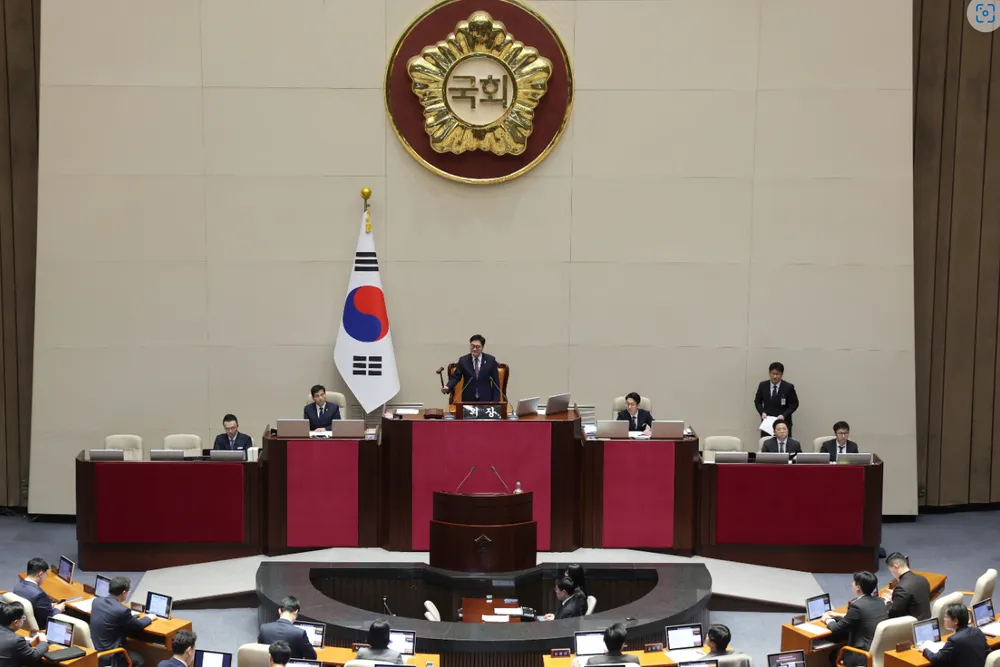Can 'Special Act' get South Korean offshore wind back on track?
Approval of the long-awaited bill comes at a time when Korea's 2030 goals for offshore wind are starting to slip out of sight

Approval of the long-awaited bill comes at a time when Korea's 2030 goals for offshore wind are starting to slip out of sight
